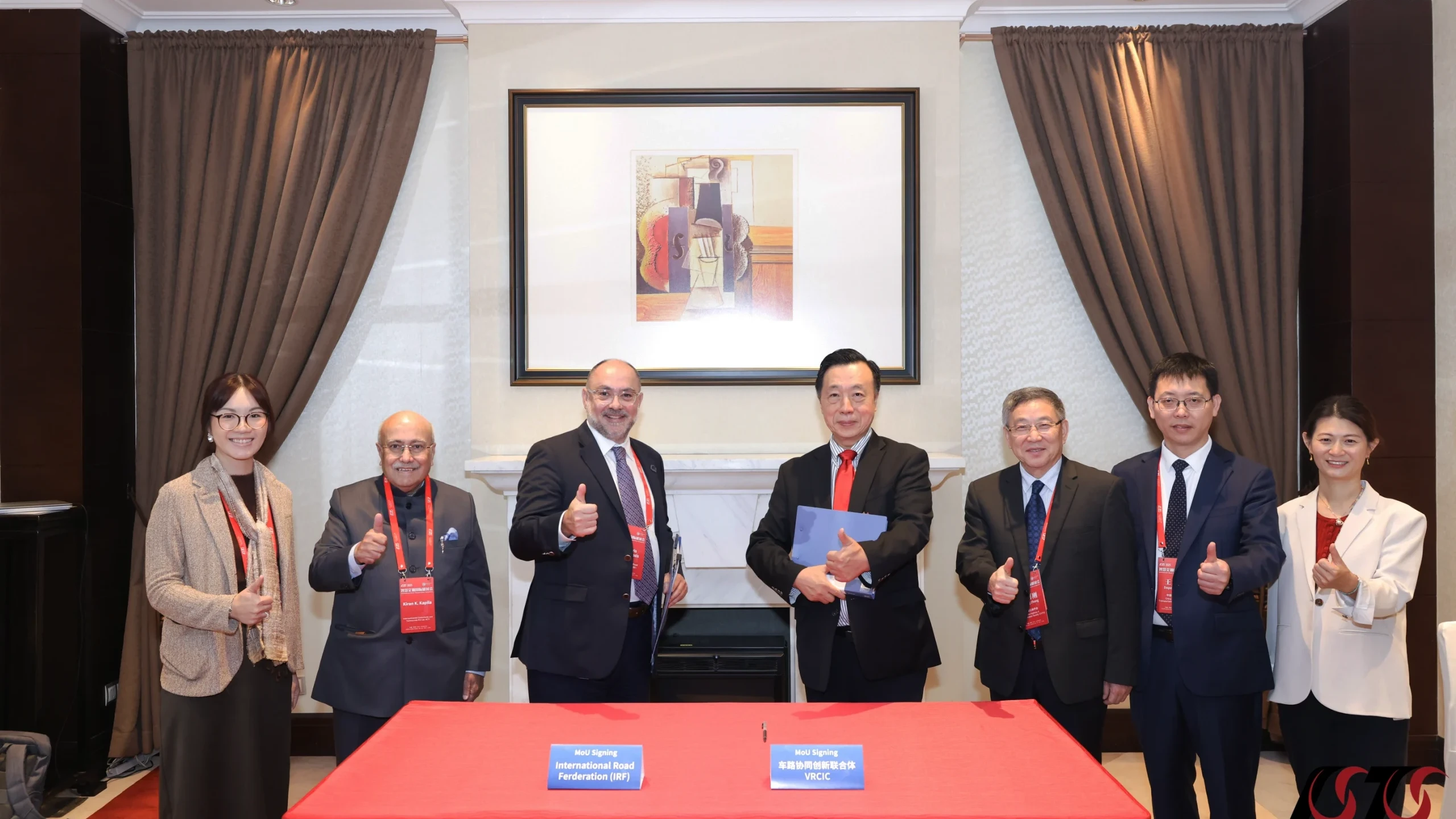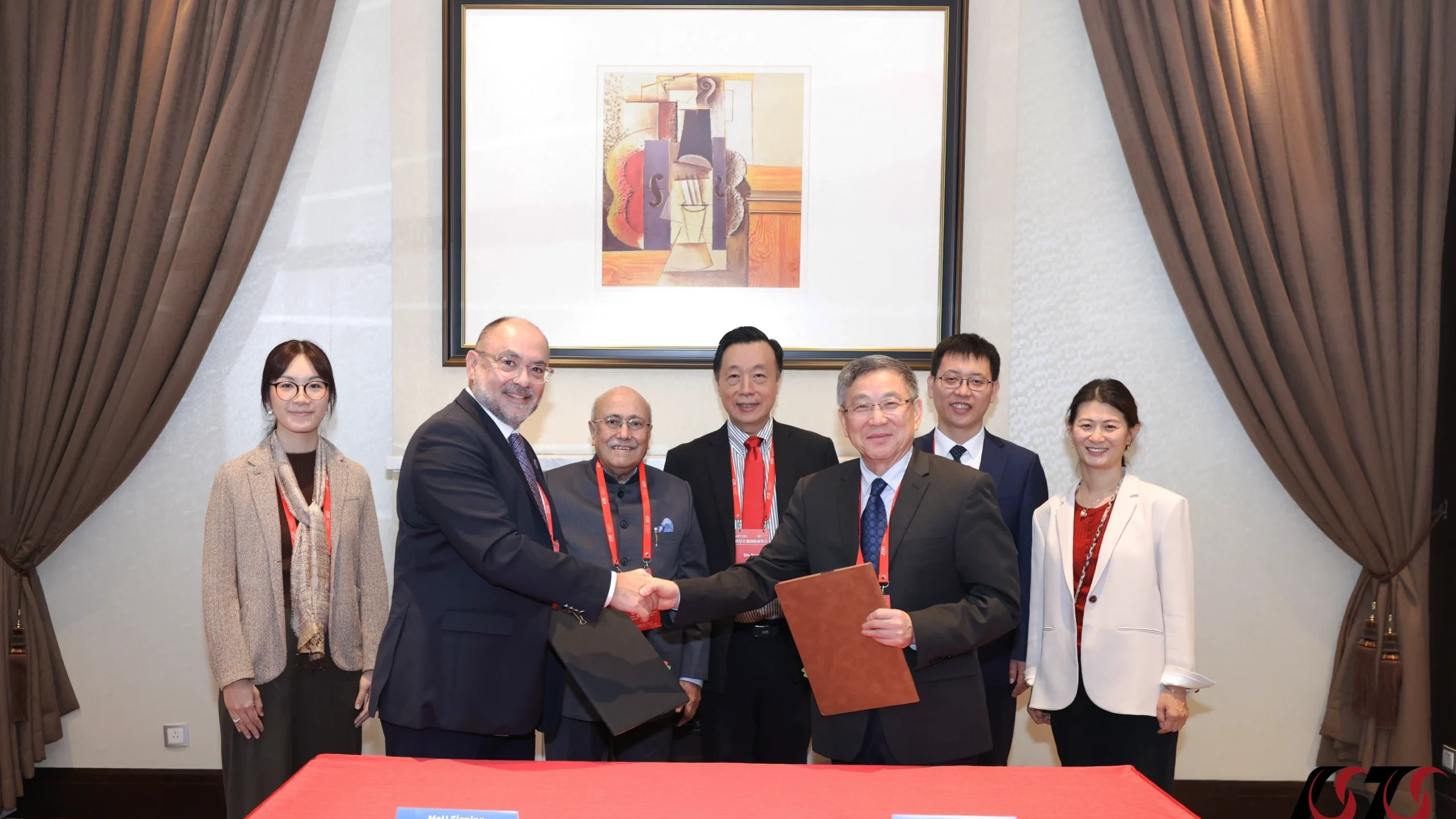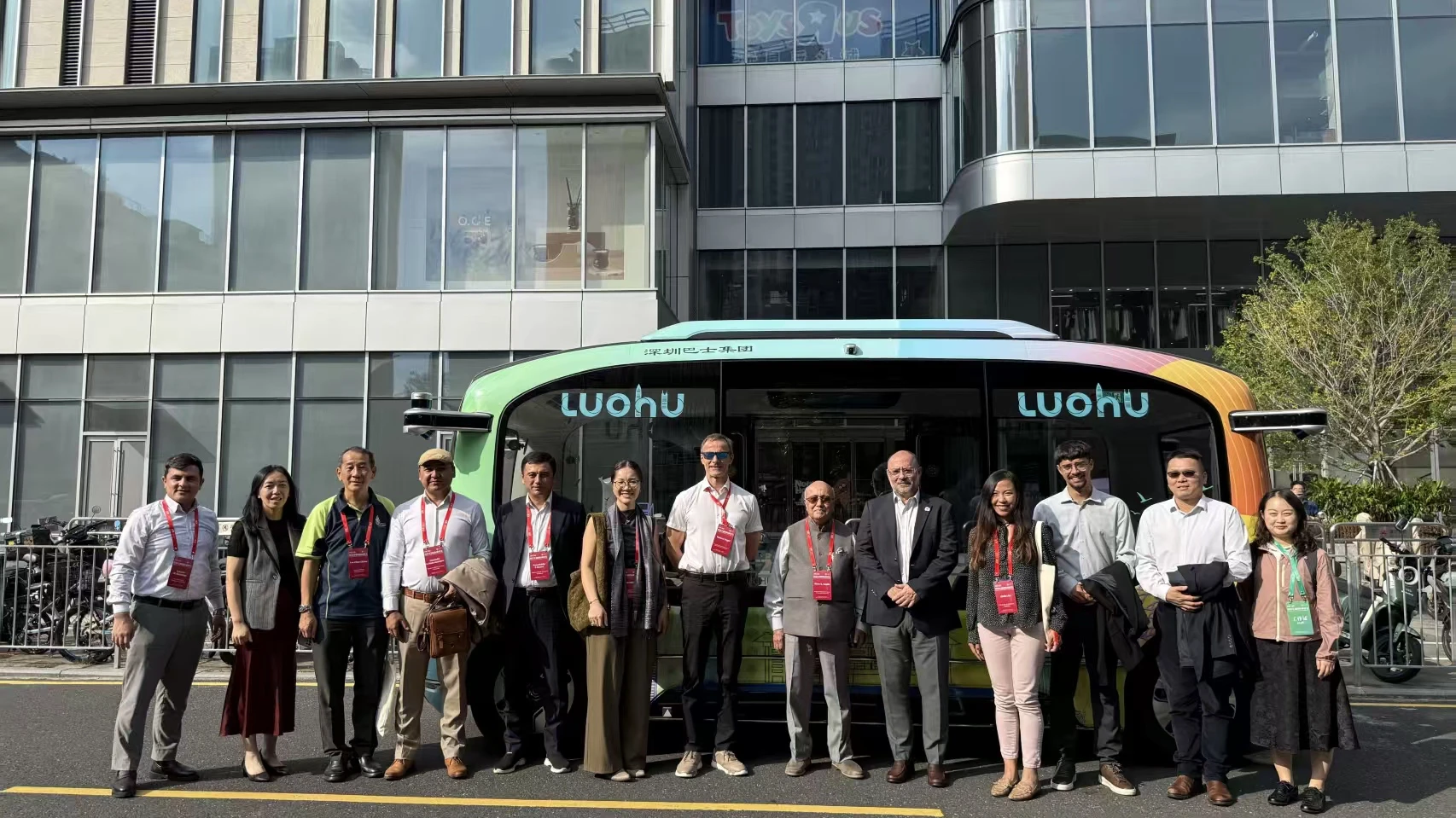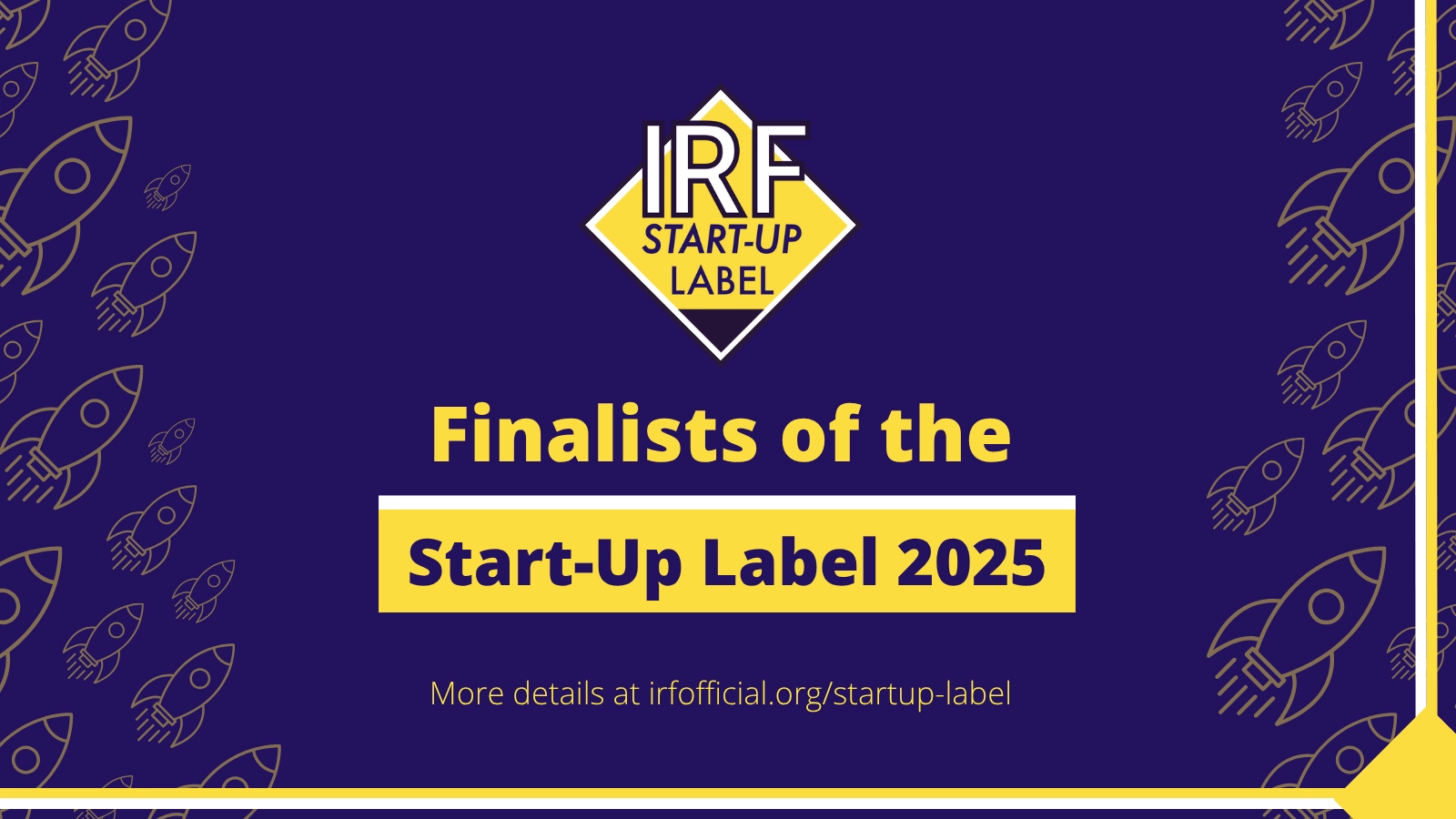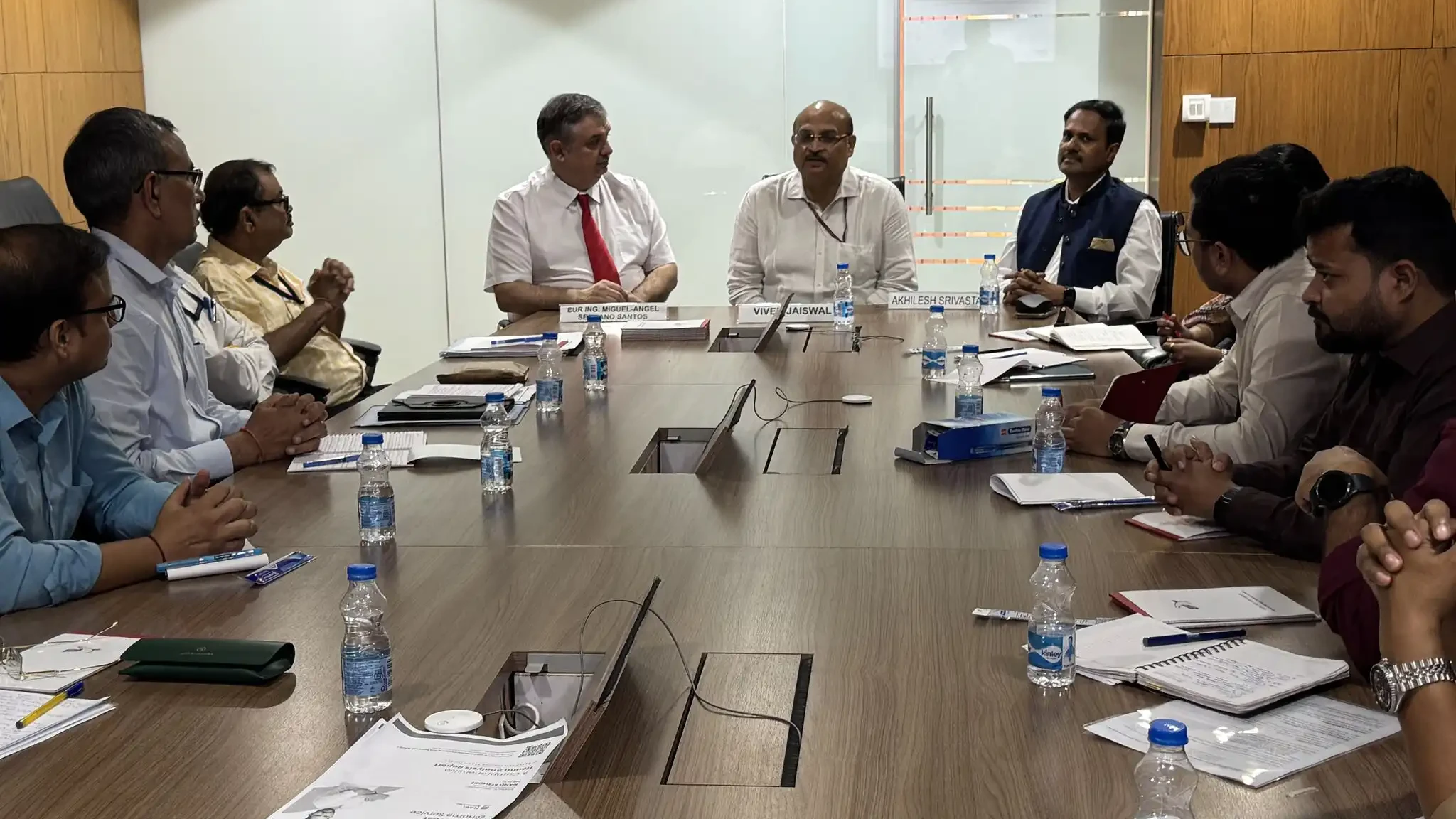Building Resilient Roads for a Safer and Connected Future
31 October | International Day for Disaster Risk Reduction (IDDRR) reminds us of the urgent need to strengthen our resilience against natural and human-induced disasters. Resilience in this context goes beyond constructing strong infrastructure; it calls for smart operations, sustainable financing, and climate readiness across all levels of the transport system.
Resilient road systems stand on four pillars:
- Structural resilience- ensures roads are designed and built using durable standards and materials
- Operational resilience – keeps traffic moving during crises through redundancy, contingency routes, and intelligent systems
- Economic and financial resilience – secures the resources needed to sustain maintenance and services during difficult times
- Climate resilience – equips networks to withstand and recover from the increasing impacts of extreme weather.
IDDRR highlights that proactive planning, sustainable infrastructure and global cooperation are key to minimising disaster impacts and safeguarding lives.
Disaster-struck infrastructure
Natural calamities expose weaknesses in how we design, maintain, and plan road infrastructure and road networks. It only takes one disaster to break open a host of issues that endanger motorists, vulnerable road users and emergency responders.
Extreme weather events can cripple transport networks within hours. Floods wash away bridges, landslides block highways and debris flows isolate towns and villages. In emergencies, road accessibility often determines who can be rescued, treated and supplied. It can literally mean the difference between life and death.
These challenges expose the urgent need for infrastructure that protects lives, sustains economies, and keeps communities connected before, during, and after disasters.
Recognising projects that prioritise resilience
For the IRF, disaster risk reduction is inseparable from its mission to advance safer, more resilient roads worldwide. Roads are not only vital for daily mobility and economic activity. During crises, they become lifelines for evacuation, emergency response, and relief distribution.
IRF continues to advocate for road systems that can withstand changing climate conditions and extreme events. By integrating risk assessments, sustainable materials and innovative design standards, transport networks can significantly reduce their vulnerability to disasters.
This commitment to resilience is reflected in IRF’s Circle of Excellence, which recognise outstanding projects and innovations that embody sustainability, safety, and climate readiness in the road and mobility sectors.
Through these awards, IRF celebrates the engineers, policymakers, and organisations whose visionary work strengthens the resilience of transport systems.
IRF Circle of Excellence for Resilience
The Digital-technology-based Daloushan Mountains Extra-long Tunnels Emergency Management Technology Package Project by Guizhou Expressway Group Co., Ltd., Jiaoke Transport Consultants Ltd., and Guizhou Zhongnan Transportation Technology Co., Ltd., uses five innovative technologies applied to the tunnels for safe, green, efficient and intelligent tunnel operation and management.
It gives warnings to management and control technology, monitoring 97.4% of traffic incidents and gives an earlyrning-based response time in less than 30 seconds. It also integrates ventilation and energy conservation technology, saving 2 million kWh of power every year. Finally, it gives fire-control partition water supply technology, improving water supply safety and resilience by 50%.
The MAWIS (Mobile Advanced Road Weather Information Sensor) Project by Egis offers transformative advancements in enhancing sustainability and operational efficiency, particularly in preventive inter-maintenance. The sensors allow for the anticipation and response to sudden weather changes.
This targeted approach improves safety and reduces environmental impact by minimising chemical usage, contributing to more sustainable maintenance practices. With MAWIS, 1,300 tonnes of carbon dioxide were reduced, with total carbon emissions going down by 5%
The Climate Informed Digital Road Asset Management System (iROADS) for Kerala PWD by the Transport Research Laboratory (TRL) offers an integrated platform for climate-smart planning, efficient budgeting and informed road decisions.
Kerala is a high-performing state in Southern India with a human development index among the nation’s highest and a population about 35 million. It boasts an impressive 332,000 kilometres of road network. The platform addresses Kerala’s rising climate threats. Climate-smart planning looks to reduce the over 4,700 landslides the region experiences in one season.
Boosting climate resilience preparedness saved about USD 2.63 million on core road network maintenance.
Excellence in resilience
These award-winning initiatives exemplify how innovation, foresight, and collaboration can transform road infrastructure into systems that endure disasters and actively prevents them from becoming humanitarian crises. From intelligent tunnel management and adaptive weather sensors to climate-informed asset planning, these projects show that resilience is achievable when technology, policy, and purpose align.
As the world observes the International Day for Disaster Risk Reduction, the IRF Circle of Excellence stands as a testament to what’s possible when resilience becomes a shared priority. Each recognised project reflects IRF’s unwavering mission to advance safe, sustainable, and climate-ready road systems that keep communities connected before, during, and after disasters.
Stay tuned for more stories and insights from the IRF Circle of Excellence, celebrating global leadership and innovation in building resilient transport systems.
Latest News
- MoU signing between IRF and VRCIC to Advance Cooperative Vehicle-Infrastructure Technologies

- IRF and CHTS Strengthen Collaboration in Advancing Research in Autonomous Vehicles

- Driving Innovation: IRF and CHTS Strengthen Collaboration in Smart Mobility Research

- Hi-Drive Webinar Explores the Technology Enablers for Higher Vehicle Automation

- Introducing the IRF Start-Up 2025 Finalists

- Building Resilient Roads for a Safer and Connected Future

MORE NEWS
October 31, 2025
0 Comments5 Minutes
MoU signing between IRF and VRCIC to Advance Cooperative Vehicle-Infrastructure Technologies
The partnership between the IRF and VRCIC was officially sealed through a Memorandum of Understanding signed at the 2025 ISTS.
October 31, 2025
0 Comments7 Minutes
IRF and CHTS Strengthen Collaboration in Advancing Research in Autonomous Vehicles
The IRF and the CHTS formalised a new chapter of cooperation with the signing of a MoU during the 2025 ISTS.
October 31, 2025
0 Comments4 Minutes
Driving Innovation: IRF and CHTS Strengthen Collaboration in Smart Mobility Research
IRF delegation visited Shenzhen and Beijing to explore pioneering examples of smart and sustainable mobility in action.
October 22, 2025
0 Comments3 Minutes
Hi-Drive Webinar Explores the Technology Enablers for Higher Vehicle Automation
IRF and the Hi-Drive European Project launch session on “Technology Enablers for Higher Vehicle Automation & Operations: Testing…
October 10, 2025
0 Comments2 Minutes
IRF launches International Registry for Road Safety Auditors Training Programme in India
IRF Kicks-Off the International Registry training program in New Delhi, India.







